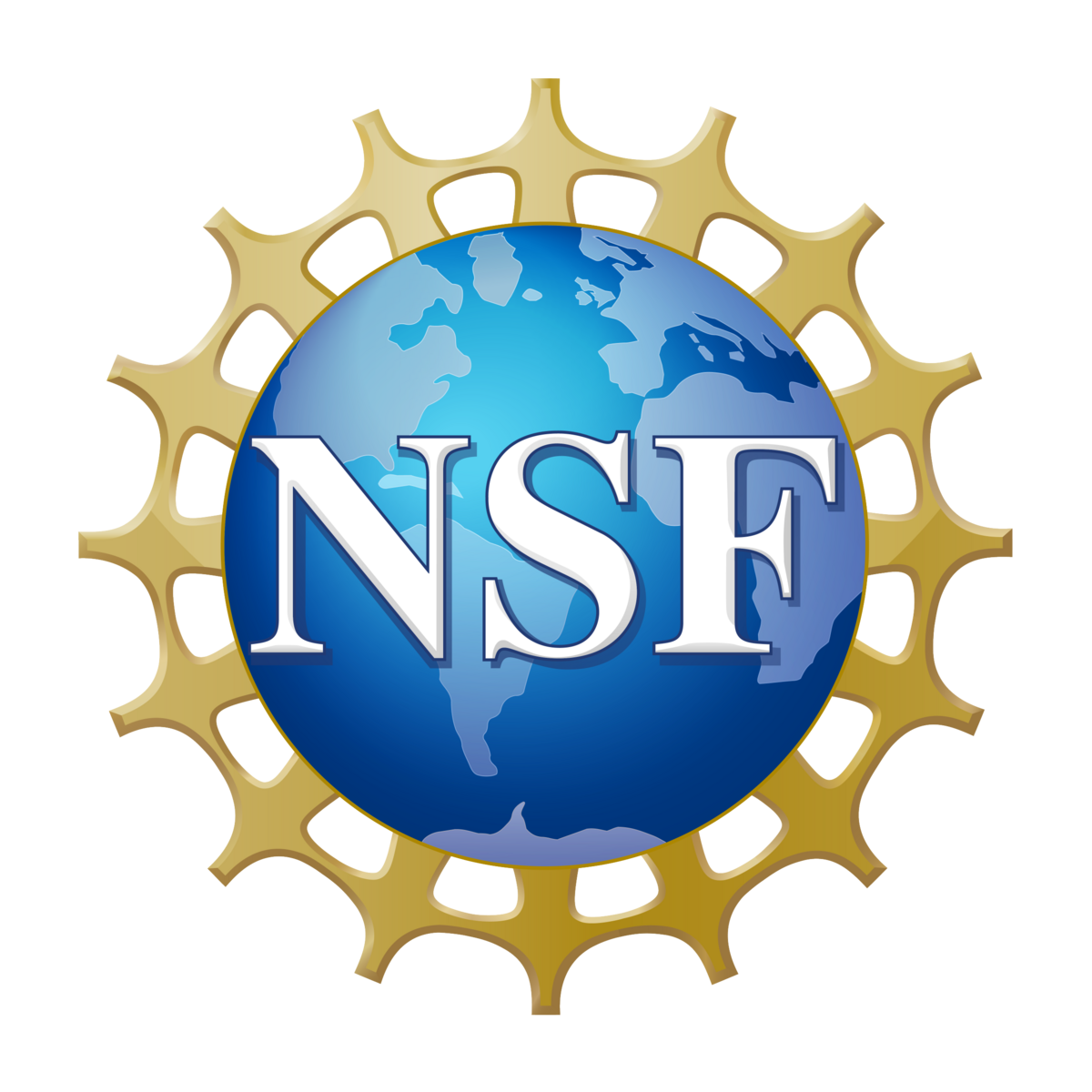SIAM Convening on Climate Science, Sustainability, and Clean Energy
Society for Industrial and Applied Mathematics (SIAM) hosted a 3-day workshop on October 10-12, 2022 with a broad group of researchers and practitioners from various disciplines and from a variety of institutions and companies around the general theme of climate science, sustainability, and clean energy. The SIAM Convening on Climate Science, Sustainability, and Clean Energy engaged the scientific community in the identification and articulation of emerging research needs related to these areas, and explored what foundational long-term research and plans are needed over the next decade. Recommendations were made to the U.S. National Science Foundation and other federal research and development agencies.
Goals and Outcomes
Given that robust and active support of research and education is necessary to anticipate future conditions, accelerate clean energy innovations, and increase the resilience of the United States, scoping workshop had as goals to: (i) gain a better understanding of the challenges and problems affecting research innovation and translation gleaned from discussions across the various sectors and communities; (ii) provide input and recommendations for addressing the challenges and opportunities identified; and (iii) identify mechanisms to encourage the growth and health of the research workforce.
Discussions were organized around the six main goal areas:
- Advance Scientific Knowledge
- Anticipate Future Conditions
- Accelerate Clean Energy Innovations
- Promote Sustainable Practices
- Increase Climate Change Resilience
- Increase Outreach/Broader Impacts
Convening participants wrote and presented nine area-specific whitepapers, which produced a report representing the major challenges, themes, and suggestions.
Recommendations
There were nine recommendations that emerged from the SIAM Convening on Climate Science, Sustainability, and Clean Energy. These thrusts identified various objectives for the methodologies for climate science, engineering solutions towards sustainable solutions to mitigate the consequences of climate change, using social science to help design effective solutions and integrate community feedback, and educating the workforce to support these directions.
- A Paradigm for Digital Twins to Safeguard the Planet
- What Happens in the Arctic Does Not Stay in the Arctic
- Transforming Education to Address Complex Futures
- Extreme Learning
- The End of Fossil Fuels
- ACED: Accelerated Circular Economy Development
- Sustainable Smart Water Systems (Sustainable Water Grid)
- Unraveling the Climate Vulnerability Web: Integration of Physical, Biological, Human Social, and Economic Models in Time and Space
- Change the Conversation at the Local Level
Participants & Steering Committee
Over 50 researchers and professionals from the range of disciplines and fields that contribute to and are involved in clean energy, sustainability, and climate science research attended the convening. These researchers and professionals were from various career stages to ensure that a broad and diverse range of perspectives was gathered. Anonymized participant data can be found in the full report.
The steering and planning committee of this scoping workshop consisted of nine subject matter experts, the Principal Investigator, a liaison from Knowinnovation (KI) who guided the design and planning process, and a project assistant from SIAM. For the workshop, KI provided a team of professionals who specialize in guiding and accelerating academic, scientific, and interdisciplinary innovation to facilitate the discussions and the generation of ideas.
Steering Committee Members
Flaviu Cipcigan
IBM UK Limited
Matthew Farthing
U.S. Army Corps of Engineers
Ken Golden
University of Utah
Lea Jenkins
Clemson University
Hans Kaper
Georgetown University
Flavio Lehner
Cornell University
Lou Nadeau
ERG
Jody Reimer
University of Utah
Suzanne Weekes
SIAM
Victor Zavala Tejeda
University of Wisconsin-Madison and Argonne National Laboratory

This event was funded by the United States National Science Foundation under grant DMS 2227218.
Contact SIAM
Have questions or need additional information?
Contact UsStay Up-to-Date with Email Alerts
Sign up for our monthly newsletter and emails about other topics of your choosing.

